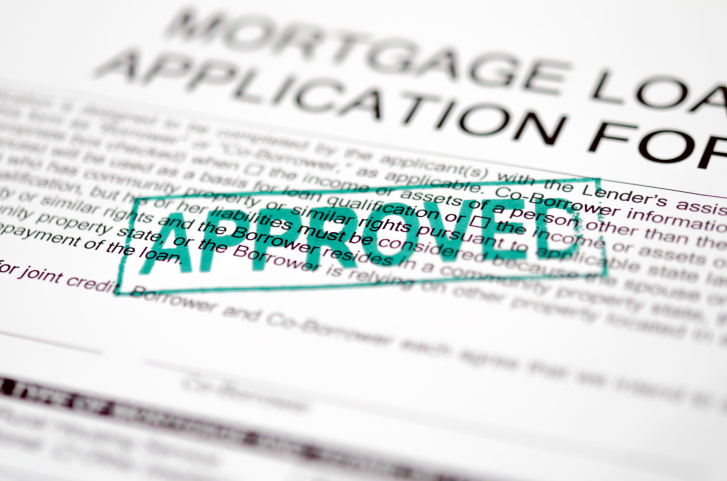Did You Know: Five Factors That Lenders Won’t Even Consider When Assessing You For a Mortgage
 Are you thinking about buying a new home? If you’re going to apply for mortgage financing, you can rest assured that your lender will be checking in to your credit history, income and other items in order to assess your ability to manage this debt.
Are you thinking about buying a new home? If you’re going to apply for mortgage financing, you can rest assured that your lender will be checking in to your credit history, income and other items in order to assess your ability to manage this debt.
However, there also quite a few variables that they won’t inspect during the due diligence process. In today’s blog post we’ll look at five factors that a lender or mortgage underwriter won’t consider when assessing your suitability for a mortgage loan.
Your Family Status
It’s against the law for lenders to make any special considerations as to your family status, whatever it might be. Both the Fair Housing Act and the Equal Credit Opportunity Act protect you from discrimination in regards to your family status.
Your Age or Race
Similarly, lenders cannot factor in your age or your race when assessing your suitability for a mortgage loan. Whether you’re a first-time homebuyer who has just graduated from college or a retiree looking to purchase that dream condo on the beach, age will not be a factor in your mortgage application.
Shopping Around with Other Lenders
While you might have heard that checking your credit too often can cause issues with your credit score, this isn’t the case when shopping around with multiple mortgage providers.
Only the first “hard inquiry” on your credit by a mortgage lender in a two-week period will count against your score; after this, the credit agencies will assume that you’re doing comparison shopping with other providers and avoid factoring these checks in.
Unemployment and Other Unstable Income Sources
If you have sources of income that are deemed irregular or unstable, such as a small side business or unemployment income, it’s a safe bet that these will not be considered as income when your mortgage application is assessed. As the typical mortgage loan is repaid back over 10 to 20 years, lenders and underwriters are looking for stability in your ability to pay.
Any Non-Borrower’s Income
While it can certainly be helpful to have a spouse or other family member include their income along with yours to prove your repayment ability, unless they are listed on the loan as a co-borrower their income will not be counted.
If you have other questions, be sure to contact your local mortgage broker or other professional as they are an excellent source of quality information and expertise.

 Are you buying a home for the first time? Congratulations! Buying your own home is an excellent way to build your net worth while living in a space that you can renovate and truly make your own.
Are you buying a home for the first time? Congratulations! Buying your own home is an excellent way to build your net worth while living in a space that you can renovate and truly make your own. Refinancing your mortgage is a great way to reduce your monthly payments or take out some of the equity in your home to reinvest in renovations, upgrades or in other areas in your financial portfolio.
Refinancing your mortgage is a great way to reduce your monthly payments or take out some of the equity in your home to reinvest in renovations, upgrades or in other areas in your financial portfolio.